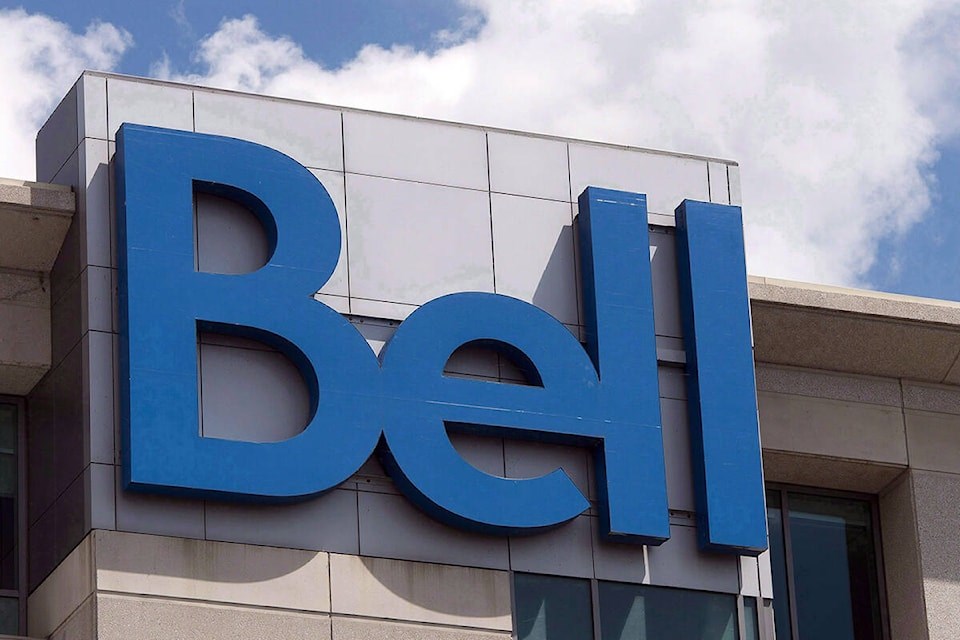REGINA - Saskatchewan is seeing a recent increase in scammers claiming to be Bell and offering a service unavailable in the region.
One Regina resident, Robin Tod, received three of those calls in four days.
He described what he heard on the call. "They said it was Bell Fibre and that they were available in your area. And if you pushed a certain number, they would put you through one of their sales staff for getting Bell Fibre in Regina."
Tod mentioned the number that called him was using the area code of Sask. (306), which made it seem more convincing.
The call also sounded like "sort of [a] plain Canadian [accent]. It could have been AI-generated. I'm not sure, but it had kind of that no accent or reflection, you know."
After Tod got the first call and hung up, he remembered that Bell didn’t operate high-speed internet in the area.
Sask. has three main providers for internet, which are Rogers, SaskTel, and Access Communications.
Once Tod realized this, he decided to spread the word on a Facebook page about his experiences with the scam calls. "The reason I posted that is because it sounded [like] it wasn't one of these really wacko kind of calls, that your, you know, your internet or your Facebook password has been compromised and stuff like this. It was actually one that said, you know, this is a service available in Regina. And I understand from the news media. There are secondary companies that sell the internet in Saskatchewan. And some people might get confused with that."
Tod understands scams will always be an issue, and people who do not understand technology the best will fall for them.
He talked about how he fell victim to a scam once without even realizing it. "When we were under COVID, there was a requirement in restaurants [where] you didn't get a menu, but you [did] get one of those QR codes. And then it would send you to put your phone on it, and then it would show you the menu on your phone. Well, like I said, I didn't talk to anybody [about it], but I thought, oh, well, I have to download something that reads a QR phone, not [a] QR code, not knowing that it's an automatic feature because I'd only had that phone for a few months when it happened. I went on [the] Google Play [store], and I downloaded a service. And amazingly, it was. I'd said right away, oh, if you want the service, you have to pay $60. And I said, oh, okay. And yeah, I fell for it."
Luckily, Tod’s bank cancelled the transaction instantly, but he feels it goes to show how easily someone can be scammed.
Bell’s Response:
After Tod received the third scam call, he decided to call Bell. A representative told Tod that Bell would send a text or an email message if they were trying to sell you a service.
Tod told the representative he believes there’s an ongoing scam in Sask., which they replied, "we'll talk to our, like our media people, and we'll say, you know, just let people know that this is not real."
In regards to the increase in scammers, Bell released this statement to SaskToday:
"Digital fraud continues to be on the rise, with new and ongoing scams targeting the telecom, utility, banking, and retail industries across the country. In some cases, malicious actors are posing as Bell team members in an attempt to gain access to personal information such as passwords, bank account information, and credit card numbers."
Bell added, "To make sure you’re dealing with Bell, customers should always contact us directly. If a customer is the victim of identity theft or of telemarketing, email, or Internet fraud, we highly recommend they open a police report and contact the Canadian Anti-Fraud Centre. Customers that suspect fraudulent activity related to their Bell account should also immediately reach out to us by calling 1-800-509-9904. For more information on how to protect yourself from telecom fraud, please visit bell.ca/security."
In terms of better solutions to know if a call is legit or not, Tod wasn’t sure what the answer is. "I don't know [what the answer is], it's a conundrum. [The reason is] because who do you trust, right? Who do you trust at the end of the day?"
He added, "would you [as a person] take them [the callers] on good faith? I don't think [in] 2024 you don't because there are these scammers, and there's thousands of them, and they're very good [at scamming people]."




